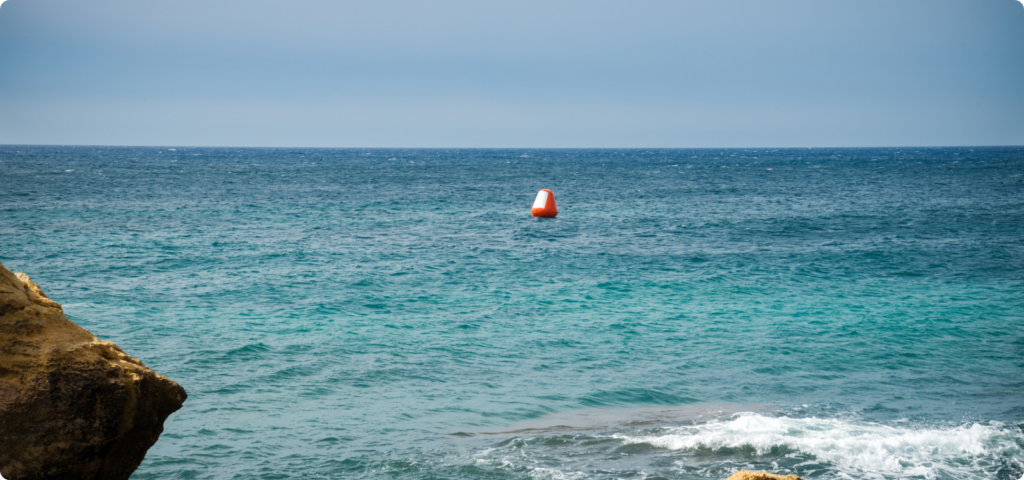The French Mediterranean Sea, one of the world’s most biodiverse marine environments, plays a vital ecological and societal role. In the Provence-Alpes-Côte d’Azur region, sea-related jobs represent 6% of the regional employment market but emerging sectors such as offshore wind energy might change this economic landscape as well as have impact on the ecologoical states of the Mediterranean. Fishing is deeply ingrained in the cultural identity, however, with 20% of fish stocks overfished and 2% already collapsed, marine biodiversity and the livelihoods of local fishers are under threat. As new sectors emerge, cumulative pressures mount with sometimes difficulties to monitor them, the public services must address conflicting interests between economic activities and biodiversity conservation.

A Complex Governance Landscape
Managing the French Mediterranean Sea requires navigating a maze of policies and directives. The Marine Strategy Framework Directive (MSFD), Water Framework Directive (WFD), and Marine Spatial Planning Directive (MSPD) provide the backbone for EU biodiversity and sustainability goals. These three key frameworks are globally well-aligned and coherent due to cross-policies mechanisms. However, their alignment on-paper with sectoral policies, such as fisheries and renewable marine energy, is often inconsistent when it comes to implementation mechanisms (legal and subsidies). This lack of coordination results in gaps where marine biodiversity objectives are marginal due to competing interests and differences in scale in the development of strategies (national/regional) and implementing institutions (regional/local).
Guidelines for implementing these directives are developed nationally but are applied regionally, contributing to policy incoherence. Aligning freshwater, marine policies and sectoral policies with the European Green Deal (EGD) in this context can be particularly challenging, as differing priorities between environmental and maritime activities create barriers to cohesive governance.
CrossGov’s Contribution
CrossGov’s case study examines how well the WFD, MSFD, and MSPD are implemented in the French Mediterranean Sea and whether they align with the Green Deal’s biodiversity objectives. By analyzing the interplay between these directives implementation plans and mechanisms, the study explores how their interactions either support or hinder coherent environmental policies. Additionally, CrossGov investigates the implementation mechanisms of sectoral policies—such as fisheries and energy—and their alignment with broader environmental goals.
This case study highlights governance gaps, identifies areas for better integration, and suggests ways to ensure that environmental measures and maritime activities work together rather than compete. CrossGov engages with stakeholders at regional and national levels to foster cooperation and promote more effective governance frameworks.




